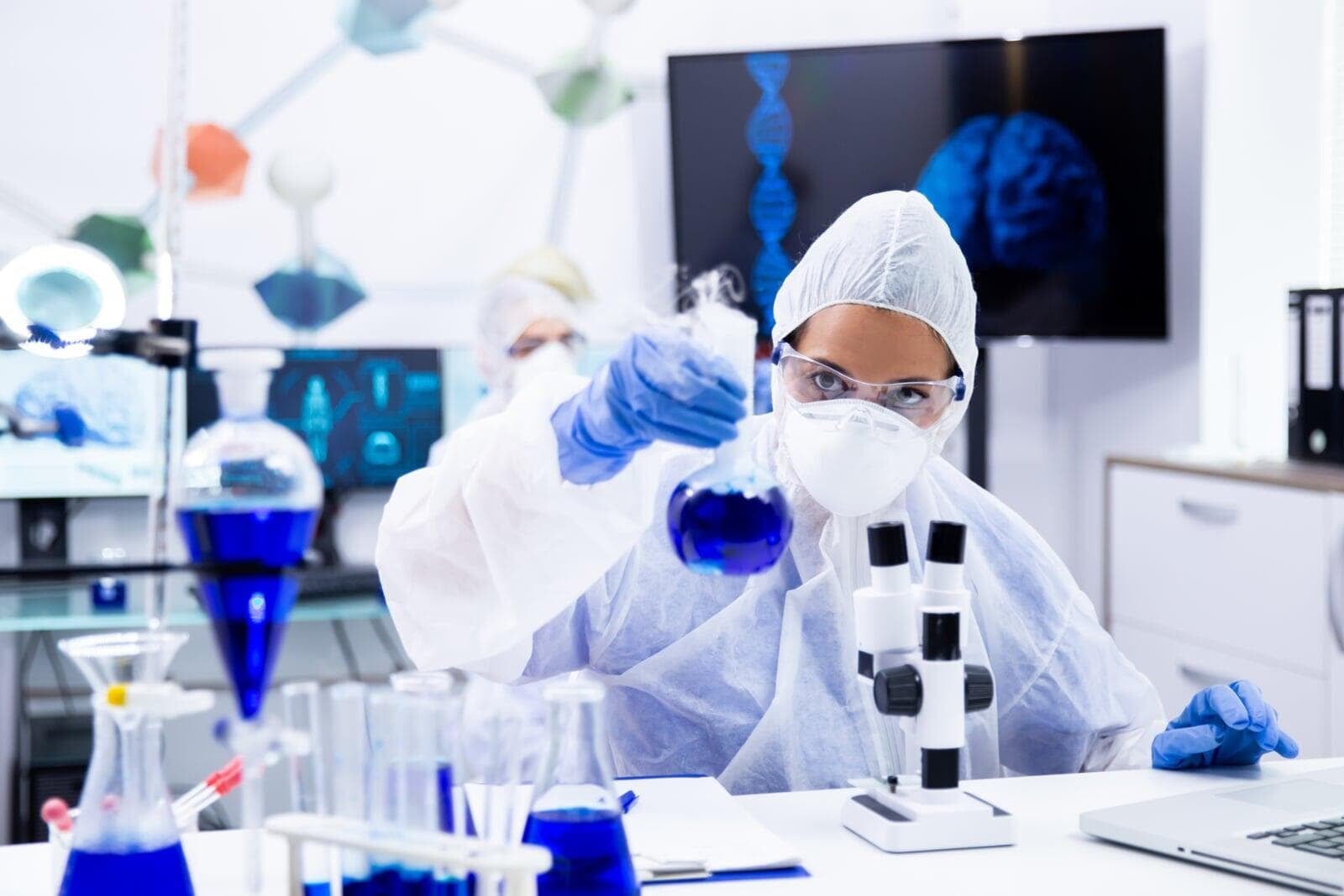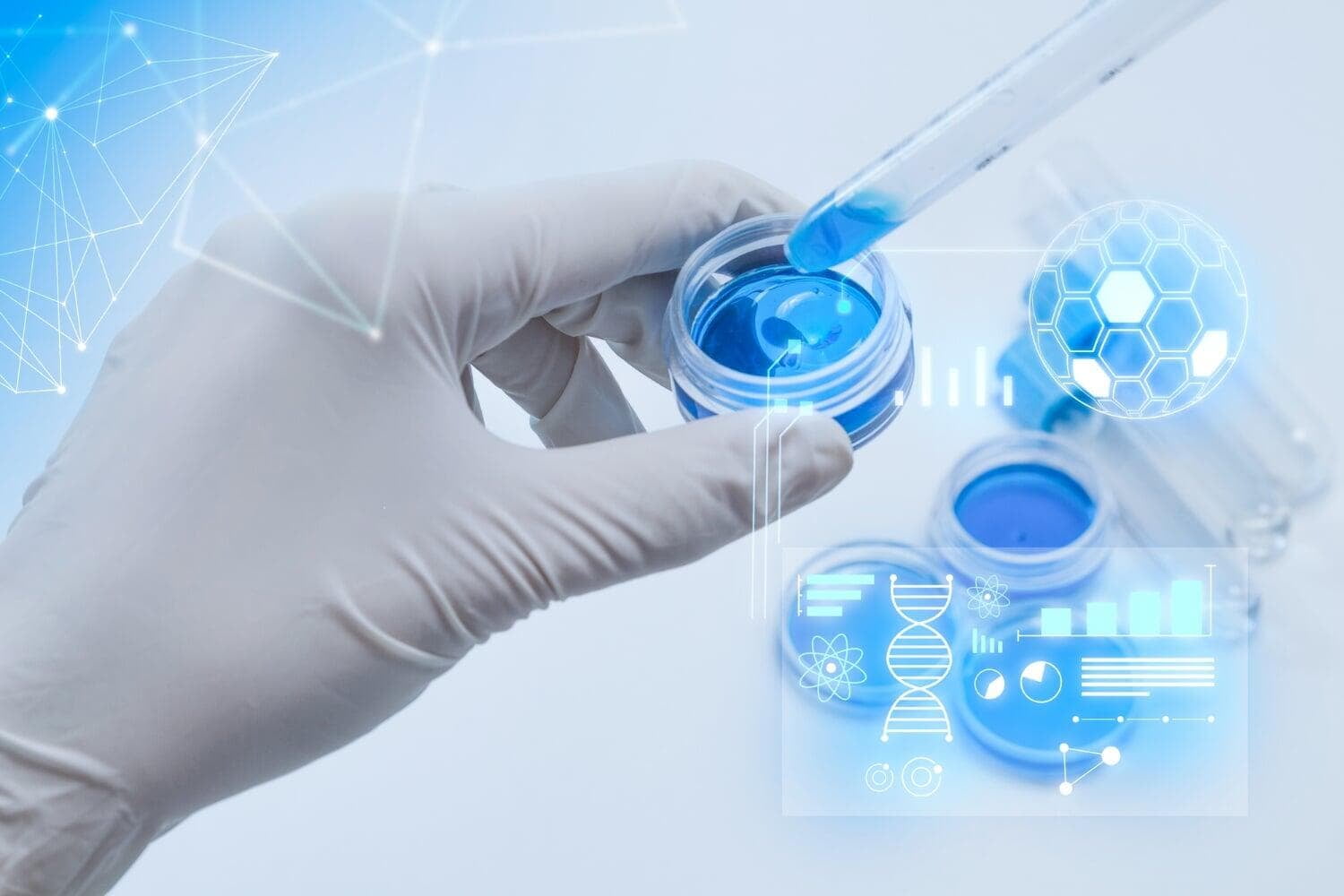The pharmaceutical industry plays a vital role in improving human health, but its operations often come with a hidden challenge: Behind the scenes of drug production lies a complex stream of pollutants that require careful handling to prevent environmental contamination and protect public health. In this blog post, we delve into the importance of wastewater treatment in the pharmaceutical sector and explore the innovative solutions being developed to address this critical issue.
Understanding Pharmaceutical Wastewater
Understanding Pharmaceutical Wastewater
High-quality, purified water is critical in . Various methods such as , , and are employed for treating wastewater in pharmaceutical production plants. These are essential for the release or reuse of water in keeping with government guidelines to deal with water scarcity.
Meanwhile, the wastewater is a cocktail of diverse compounds, ranging from organic chemicals and solvents to heavy metals and biologically active substances. These pollutants pose significant risks to aquatic ecosystems and human health if not properly managed. Unlike municipal wastewater, require specialised treatment due to the unique nature of the contaminants involved.
Pharmaceutical Water Purification Systems
Pharmaceutical Water Purification Systems
Purified water is used extensively as a raw material, ingredient, solvent or catalyst in the processing, formulation, and manufacturing of pharmaceutical products, and intermediates, and analytical reagents.
Water reduces solid impurities and helps in attaining the level of chemical purity required to prevent pharmaceutical product contamination. Pharmaceutical industries prepare purified water using different purification methods. Three of the most common types of are:
- Ion exchange
- Reverse osmosis
- Distillation
The ion exchange method is one of the most commonly used water purification methods due to its minimal maintenance cost and ease of operation.
Beyond Treatment: Embracing Sustainability
Beyond Treatment: Embracing Sustainability
As concerns about water scarcity and environmental impact grow, the pharmaceutical industry is increasingly focusing on sustainability in wastewater management. This includes efforts to reduce water consumption, optimize treatment processes for energy efficiency, and explore opportunities for resource recovery from wastewater streams.By embracing sustainable practices and investing in innovative technologies, the pharmaceutical industry can minimise its environmental footprint and contribute to a healthier planet for future generations.


Wastewater Treatment in the Pharmaceutical Industry
Wastewater Treatment in the Pharmaceutical Industry
Various processes and technologies are adopted in the pharmaceutical industry for wastewater treatment. These include preliminary treatment, aeration, neutralisation, flocculation and coagulation, biological degradation, filtration, and recycling.
Water treatment and providers need to understand the pharmaceutical industry’s requirements and the nature of their discharge to fulfill their requirements.
Effective wastewater treatment in the pharmaceutical industry involves a multistep journey, beginning with pretreatment to remove large particles and oils. Primary treatment follows, targeting suspended solids and reducing . Then comes the heart of the process: secondary treatment, where biological processes break down organic pollutants through the action of microorganisms.
But the journey doesn't end there. Tertiary treatment may be necessary to further polish the effluent to meet stringent discharge standards. This stage often involves advanced processes like or to remove remaining contaminants. Throughout the process, careful monitoring and compliance with regulatory standards are paramount to ensure the treated wastewater meets environmental requirements.
Challenges and Innovations
Challenges and Innovations
The pharmaceutical industry faces unique challenges in wastewater treatment, including the need to remove complex organic compounds and pharmaceutical residues. Traditional treatment methods may struggle to fully address these challenges, leading researchers and engineers to explore innovative solutions.
One promising approach is the use of which harness the power of reactive species like ozone or hydrogen peroxide to degrade persistent organic pollutants. Another emerging technology is , which combine biological treatment with membrane filtration to achieve higher levels of effluent quality.
Conclusion: Safeguarding Health and Environment
Conclusion: Safeguarding Health and Environment
Wastewater treatment may not always be in the spotlight, but its importance cannot be overstated, especially in industries like pharmaceuticals where the stakes are high. By implementing robust treatment systems and embracing innovation, pharmaceutical companies can fulfill their dual mandate of advancing human health while safeguarding the environment. In doing so, they not only protect ecosystems and communities, but also uphold their commitment to corporate social responsibility. Implementing an effective wastewater treatment system in the pharmaceutical industry requires a combination of engineering expertise, regulatory compliance, and environmental stewardship to ensure the protection of public health and the environment.
In the journey towards cleaner waters, collaboration between industry, regulators, and the scientific community will be key. Together, we can ensure that the pharmaceutical industry remains a force for good, both in the laboratory and in the world beyond.
